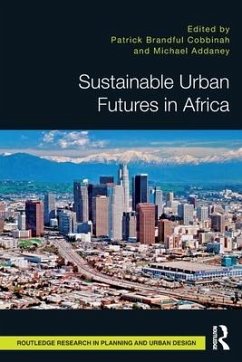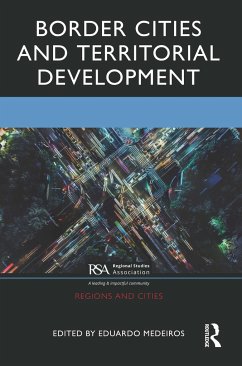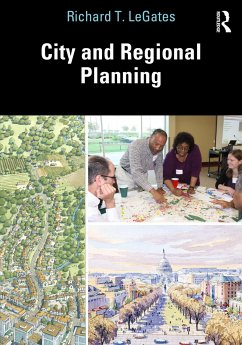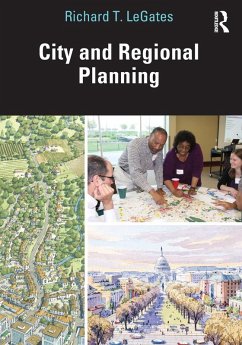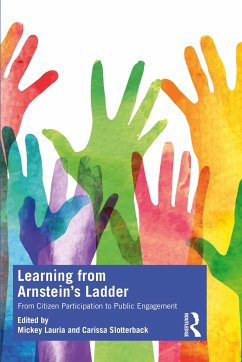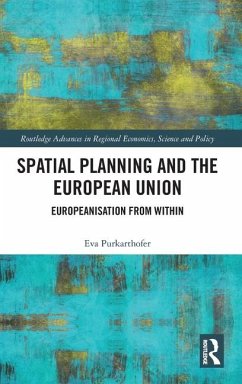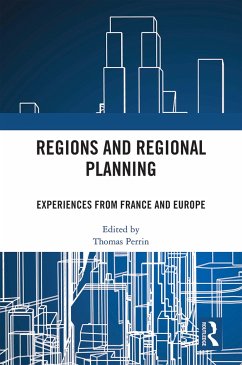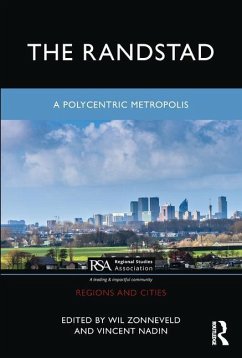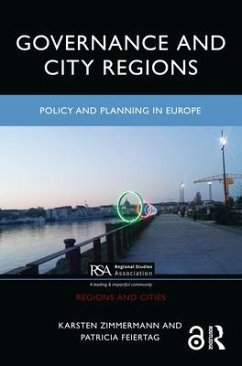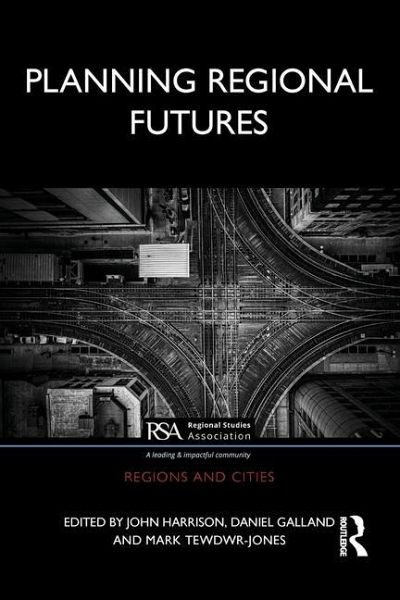
Planning Regional Futures
Versandkostenfrei!
Versandfertig in 6-10 Tagen
45,99 €
inkl. MwSt.
Weitere Ausgaben:

PAYBACK Punkte
23 °P sammeln!
Planning Regional Futures is an intellectual call to engage planners to critically explore what planning is, and should be, in how cities and regions are planned.This is in a context where planning is seen to face powerful challenges - professionally, intellectually and practically - in ways arguably not seen before: planning is no longer solely the domain of professional planners but opened-up to a diverse group of actors; the link between the study of cities and regions, which traditionally had a disciplinary home in planning schools and the like, steadily eroded as research increasingly tak...
Planning Regional Futures is an intellectual call to engage planners to critically explore what planning is, and should be, in how cities and regions are planned.
This is in a context where planning is seen to face powerful challenges - professionally, intellectually and practically - in ways arguably not seen before: planning is no longer solely the domain of professional planners but opened-up to a diverse group of actors; the link between the study of cities and regions, which traditionally had a disciplinary home in planning schools and the like, steadily eroded as research increasingly takes place in interdisciplinary research institutes; the advent of real-time modelling posing fundamental challenges for the type of long-term perspective that planning has traditionally afforded; 'regional planning' and its mixed record of achievement; and, the link between 'region' and 'planning' becoming decoupled as alternative regional (and other spatial) approaches to planning have emerged.
This book takes up the intellectual and practical challenge of planning regional futures, moving beyond the narrow confines of existing debate and providing a forum for debating what planning is, and should be, for in how we plan cities and regions.
The chapters in this book were originally published as a special issue of Regional Studies.
This is in a context where planning is seen to face powerful challenges - professionally, intellectually and practically - in ways arguably not seen before: planning is no longer solely the domain of professional planners but opened-up to a diverse group of actors; the link between the study of cities and regions, which traditionally had a disciplinary home in planning schools and the like, steadily eroded as research increasingly takes place in interdisciplinary research institutes; the advent of real-time modelling posing fundamental challenges for the type of long-term perspective that planning has traditionally afforded; 'regional planning' and its mixed record of achievement; and, the link between 'region' and 'planning' becoming decoupled as alternative regional (and other spatial) approaches to planning have emerged.
This book takes up the intellectual and practical challenge of planning regional futures, moving beyond the narrow confines of existing debate and providing a forum for debating what planning is, and should be, for in how we plan cities and regions.
The chapters in this book were originally published as a special issue of Regional Studies.





